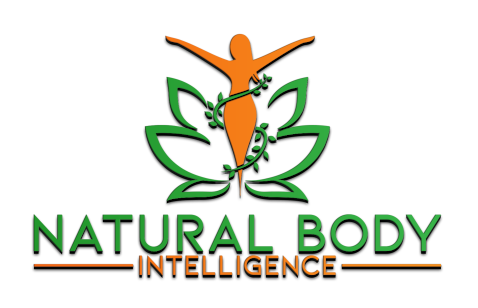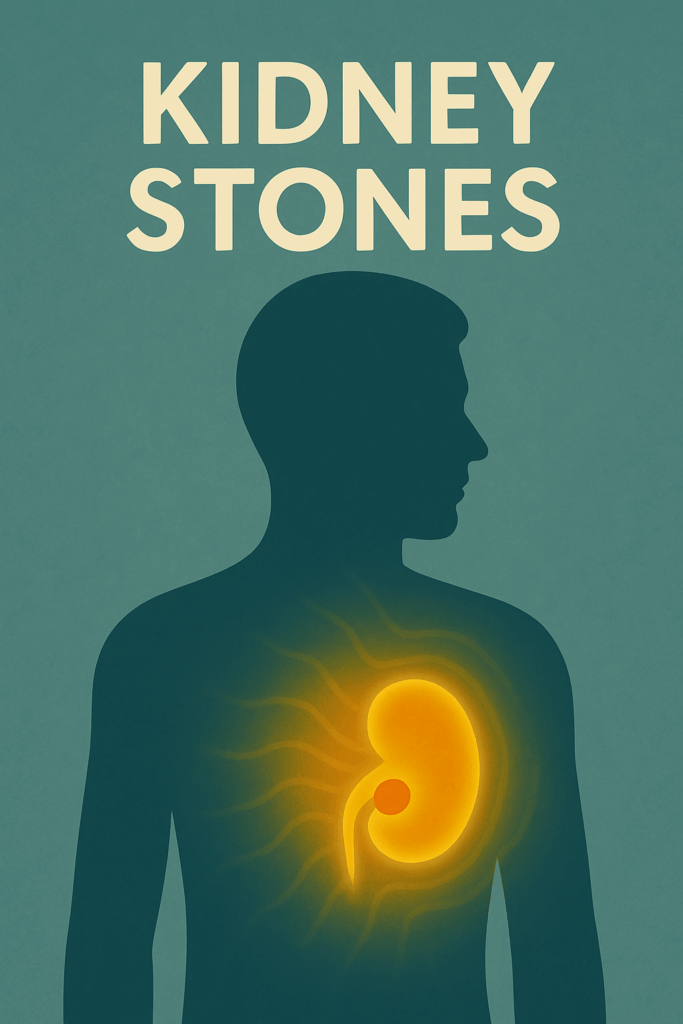Kidney Stones: The Body’s Call for Hydration and Cleansing
Kidney stones are crystalline deposits that form within the kidneys when mineral salts and waste materials in the urine become too concentrated. From a Natural Hygiene perspective, they are not random occurrences or genetic misfortunes, but clear indicators that the body has been chronically dehydrated or overloaded with waste products it cannot easily eliminate. The formation of stones is the body’s way of isolating and solidifying these substances to protect the tissues from further irritation.
The kidneys are vital filters, constantly working to remove acids and toxins from the bloodstream. When we do not drink enough pure water, or when our diet produces an excess of acidic waste, the concentration of minerals and uric acid in the urine increases. Over time, calcium, oxalate, and uric acid can crystallise, binding together to form small stones. These may remain in the kidney or move into the urinary tract, causing pain as the body attempts to expel them.
A highly concentrated diet—rich in animal protein, refined salt, alcohol, coffee, and processed foods—places enormous strain on the kidneys. Such substances disturb the body’s mineral balance and create acidic residues that must be neutralised or excreted. When the blood becomes too acidic, the body uses calcium and other alkaline minerals from the bones and tissues to buffer the imbalance. This excess calcium, instead of being fully eliminated, can combine with waste acids in the kidneys to form stones.
True prevention begins with restoring hydration. Water is the primary solvent in the body, and when sufficient, it keeps minerals dissolved and moving smoothly through the urinary system. Fresh fruits and vegetables are also powerful hydrators, as their structured water contains natural minerals that support cellular health. Conversely, stimulants and processed foods act as dehydrators, pulling water from the tissues and thickening the bloodstream, which makes the kidneys’ job even harder.
Movement is another key element. Physical activity encourages circulation, lymph flow, and oxygen exchange, all of which support the kidneys in flushing out impurities. A sedentary lifestyle, especially when combined with a heavy diet, allows waste materials to stagnate. Simple habits such as walking, stretching, and deep breathing help maintain the fluid dynamics that prevent crystal formation. Gentle sun exposure, too, supports calcium balance and overall vitality.
From an emotional viewpoint, kidney stones often correlate with suppressed frustration or fear — the result of holding onto unresolved issues rather than letting them flow naturally. The kidneys, like the emotions, function best when there is a healthy rhythm of release. Allowing oneself to express emotion, forgive, and let go supports not just psychological freedom but also physical cleansing.
When stones have already formed, the body can often expel them naturally if conditions are optimised. Fasting, juice cleansing, or a diet rich in hydrating fruits such as watermelon, cucumber, grapes, and citrus can help dissolve and flush out mineral accumulations. These natural foods provide both the water and the organic acids the body needs to break down hardened residues. Herbal diuretics are unnecessary when the body is given the correct conditions for healing — rest, hydration, and simplicity.
The deeper message behind kidney stones is clear: the body is asking for a return to purity and flow. They are physical symbols of stagnation, a reminder to drink deeply, move freely, and live lightly. When one answers this call, not only do the kidneys recover their natural efficiency, but the entire body reclaims its fluid harmony and vitality.

